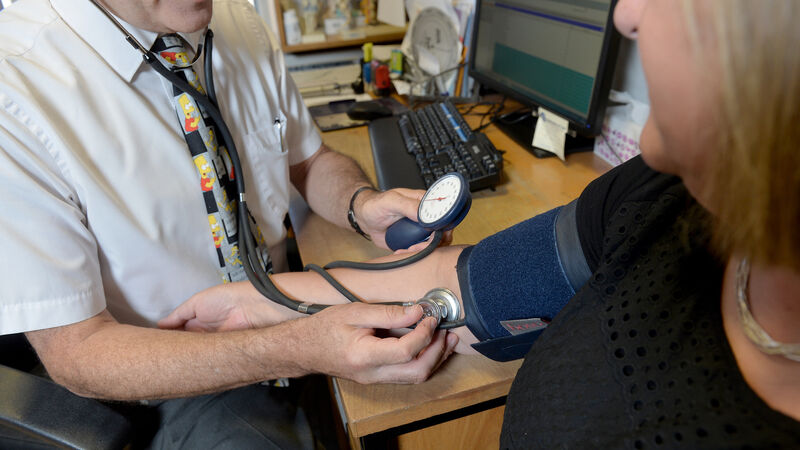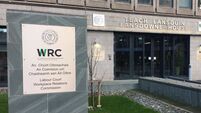Number of GPs in Cork falling despite growth of city

There were 4,386 GPs in Ireland in 2023, with 13% or 569 of these in Cork, but this number marks a decrease from the 2021 report when there were 590 Cork GPs.
The Medical Council’s Workforce Intelligence Report for 2023 highlights a decrease of GPs in Cork compared to previous years, despite a rising population.
There were 4,386 GPs in Ireland in 2023, with 13% or 569 of these in Cork, but this number marks a decrease from the 2021 report when there were 590 Cork GPs.
Blackpool GP and Fianna Fáil councillor for Cork City North West Dr John Sheehan told The Echo that given recent and ongoing population increases in Cork, numbers should be going up rather than down.
“I suspect they will go down even further over the next couple of years before they start going up,” he said, explaining “a quarter to a third of all GPs are over 60, meaning they are coming up to retirement age and some may already be reducing their work commitments.”
He explained that there is also high demand in other roles which GPs are often choosing to go into, explaining “this may take them away from general practice in communities.”
The Medical Council report backed this up, stating: “Our data indicates that a substantial proportion of GPs are close to retirement age,” and said “increasing pressure on GPs is a result of a growing and ageing population, increased patient multimorbidity, GP retirement, poor morale and burnout.
“There is an urgent need for effective action to tackle Ireland’s shortage of GPs, which can potentially impact the core elements of general practice, namely, continuity of care, the doctor-patient relationship and person-centred care.”
Challenges
Dr Sheehan explained that “there are challenges in general practice in rural areas, issues around cover for holidays or sickness and rotas — supports need to be put in place to encourage GPs to settle and work in these areas.
“It’s much harder to take holidays — I have colleagues who had to cancel their holidays because they couldn’t get any cover, and while people will do that for a few years, after a while, people will just choose not to work there anymore. It’s not a money issue, it’s just support”.
He explained that a network whereby rural GPs were linked to a bigger practice like a primary care centre would provide holiday cover as well as general support and advice, “that way, you’d be part of a team — the days of a single handed practitioner in communities is ending, so we need to put structures in place.”
The Medical Council report showed that nationally, nearly 36% of GPs are working more than 40 hour weeks — 1,422 are working up to 30 hours a week, 1,426 work 31-40 hours, 1,039 work 40-48 hours and 544 work more than 48 hours a week.
The Irish Medical Organisation (IMO) said that “the data from the report confirms the IMO position that more supports need to be put in place to enable newly qualified GPs to establish in practice.
“Critically the system must address the work/life balance issues and flexible working arrangements if we are to have any success in retaining doctors throughout their career.”
GPs in training
Dr Sheehan explained that more GPs than ever are currently in training to tackle the falling numbers and impending retirements. “The number of GPs being trained is increasing significantly, this year we increased the number of trainee GPs by over 33% which is a massive increase.
“It will take a few years to see changes because it’s a four year scheme, but in three to four years we will see the numbers increase, and a great thing is that for the last number of years, the vast majority of GP trainees are staying in Ireland.
“They’re often people who have been to Australia and come back, so they’ve done their travelling and they’re looking to stay in Ireland which is very encouraging,” he said, adding “the course is really popular — there [were] two application[s] for every one position.”









 App?
App?


